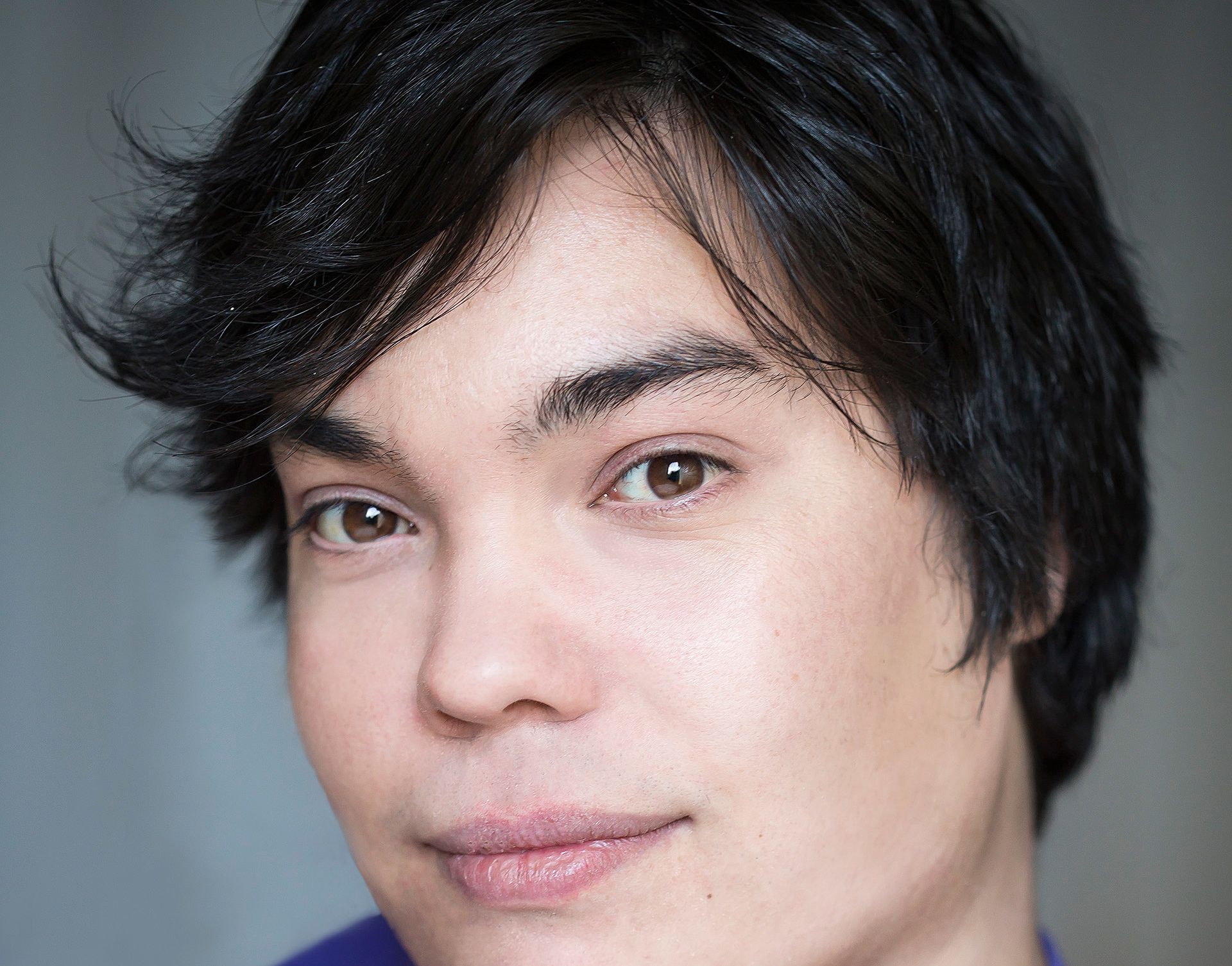Review: The Wholehearted
The Wholehearted covers a breadth of experiences but lacks the depth to fully communicate their meaning.
The Wholehearted covers a breadth of experiences but lacks the depth to fully communicate their meaning.
It’s a risk to focus a piece of art around a vague concept, like the seven deadly sins or sexuality or faith. On one hand, you know that your audience will be familiar with what your show is about, so you have that instant engagement. n the other hand, you risk your show being about a concept rather than being about people, and seeing a concept onstage is never as engaging as seeing a person onstage.
Massive Company’s latest production, The Wholehearted, sits in the grey space between concepts and people, and the show feels weightless because of it. In this show, the concept is being wholehearted, and it hits an obstacle immediately in that focus. It’s very hard to define what it is to be wholehearted: much harder than it is to define a concept like ‘lust’ or even ‘anger’: there are emotions and experiences we can associate with lust and anger, but there’s no easy access to being ‘whole-hearted’.
This obstacle is never overcome. The Wholehearted is a collection of experiences that all hit the same note of warmth, with few variations on that warmth. We hear from a twelve-year-old boy, we hear from a woman who has lost her father, we hear from a guy who’s been broken up with on Facebook. It’s pleasant, and there’s enough commitment from the actors that the performances are genuinely engaging, but when we’re exposed to the same emotion for eighty minutes, especially without the narrative arc that takes us on the journey with them, it’s not overwhelming but actually numbing. It’s hard to understand what it’s like to be whole-hearted if we don’t ever see what it’s like not to be whole-hearted.
The actors do a lot of the work to redeem the piece. Bree Peters is fantastically on-point as the twelve-year-old boy, and it’s a stretch that sounds awful on paper, but she nails the voice so well that’s it almost jarring. Even when she’s an ensemble member in the background, she gives focus and life so energetically that she’s boosting the entire show all the way through.
Denyce Su’a brings a pathos and an aching specificity to her recollections of her dead father, and her sadness at losing those memories is genuinely complex and troubling. Kura Forrester takes any comic opportunity available (her Tinder section of the show is a rare chance for the show to shift tones) and she is endlessly appealing and engaging.
The look and sound of the show also helps to engage the audience. Sam Scott’s proficiency with creating pictures onstage is impressive, and Jane Hakaraia’s lighting brings nuance and depth to moments that otherwise might not have them. Drew McMillan’s sound design, especially his original pieces, is stirring as well. This is not a poorly crafted show, and clear thought has been put into what the show is meant to look and sound like.
Despite this, the clarity of the show’s purpose is frustratingly unclear. It’s never clear what we’re supposed to feel towards these characters or their situations, and most frustratingly, it’s never clear what we’re supposed to come away from the show feeling. The show doesn’t build to a climax; it simply ends in a similar place to where it started.
As with most Massive shows, it’s clear that we’re supposed to come away from The Wholehearted with more feelings than thoughts. This isn’t a detriment in itself. Massive had huge success with The Brave, which did the very same thing, but The Brave gave us characters with depth, complexities and identifiable struggles. The Wholehearted doesn’t do that. The characters and the situations are generic, and the structure is so foggy that we can’t feel them develop into something more specific or interesting.
It comes back to the vague concept that The Wholehearted is focused around. We’re shown characters who act wholeheartedly, but we’re never connected to them. The Wholehearted shows us the result, and not the meaning. By the end of the show, we don’t understand what it means to be whole-hearted. No amount of acting or impeccable design can overcome that huge hurdle, no matter how hard they try.
The Wholehearted runs at
Mangere Arts Centre and Q Theatre
from 19 March - 24 March and April 1 - April 10
For tickets and more information, go here.

